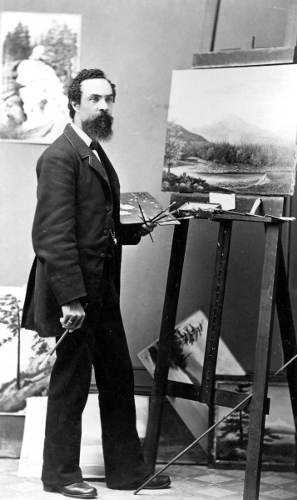SolecismPosted in Books, Media Archive, Poetry on 2017-03-10 21:36Z by Steven |
Virtual Artist Collective
2013-02-28
80 pages
Paperback ISBN: 9780944048504
“Think the pinched aren’t polysyllabic?” You’ve never heard from Mexico in this register. Nor moved through the East Village and Jerusalem, Syria and Lebanon, with a guide who spies “what grows in broken concrete.” Ben-Oni takes us along borderlands and scenes we rarely hear of in the news – to the very fringes of places like Sal Si Puedes (“Leave if you can”) with its sandals, jellyfish, beer bottles and narcotic wires, then into the marketplaces of melons and catcalls, with the tongue of a Gypsy “incapable of candor.” This is exploration and revelation via the road less traveled. A slice of poem glimpses girls howling against silence slammed against them, laughing through weeds overtaking ranches, and the child-guide, a Jewish-Mexican who doesn’t fit, is also a sparrow walking her wings through the ruins, choosing mosquitoes over worms, baring all to possibly “disappear / into overflowing ashtrays and / stryofoam pyramids / in ten-peso shops.” Where she finally lands pales beside how she sees the world through her tongue. The journey is all. As always, we too think we know things, and we do, but it is Ben-Oni’s insider-outsider grasp that dons another legitimacy, one that does not go on validation, one that can intensify our own: simply listening is enough to propel her, and us, to “Know those incurable Depths.” And if you find yourself “unborn again… twitching in sin” or ‘tasting toadstools’ and singing the ‘discordant dark’, then you too may revel in that forbidden space of Solecism, reaping poetry from “what remains of the unruly wilds.”
–Amy King, Author of I Want to Make You Safe and I’m the Man Who Loves You


